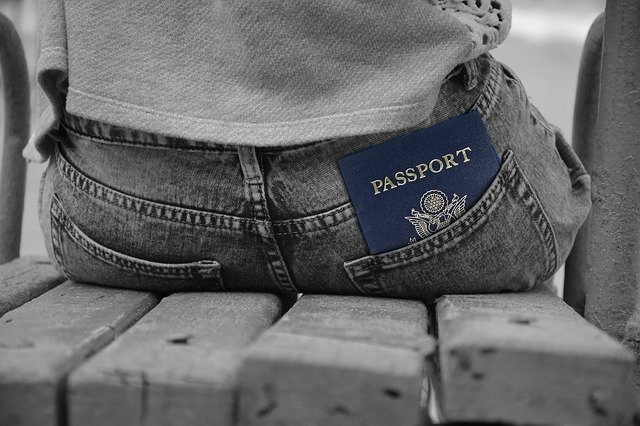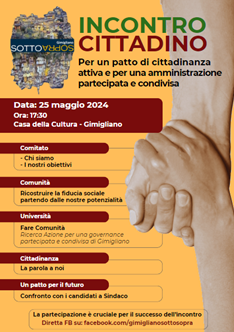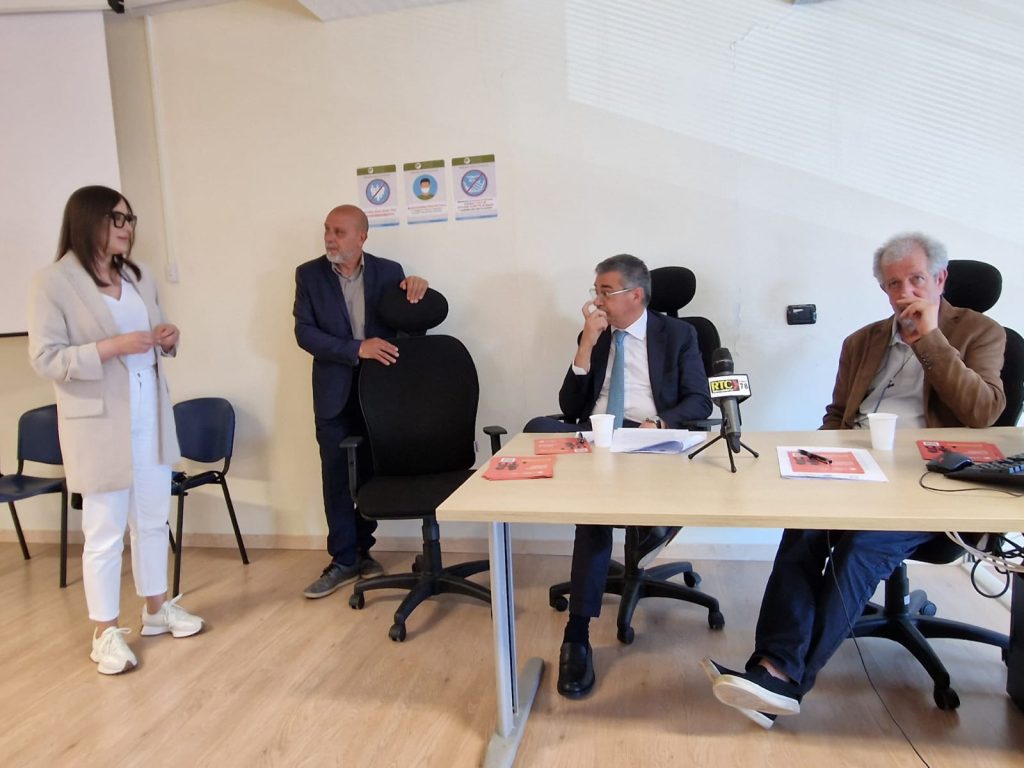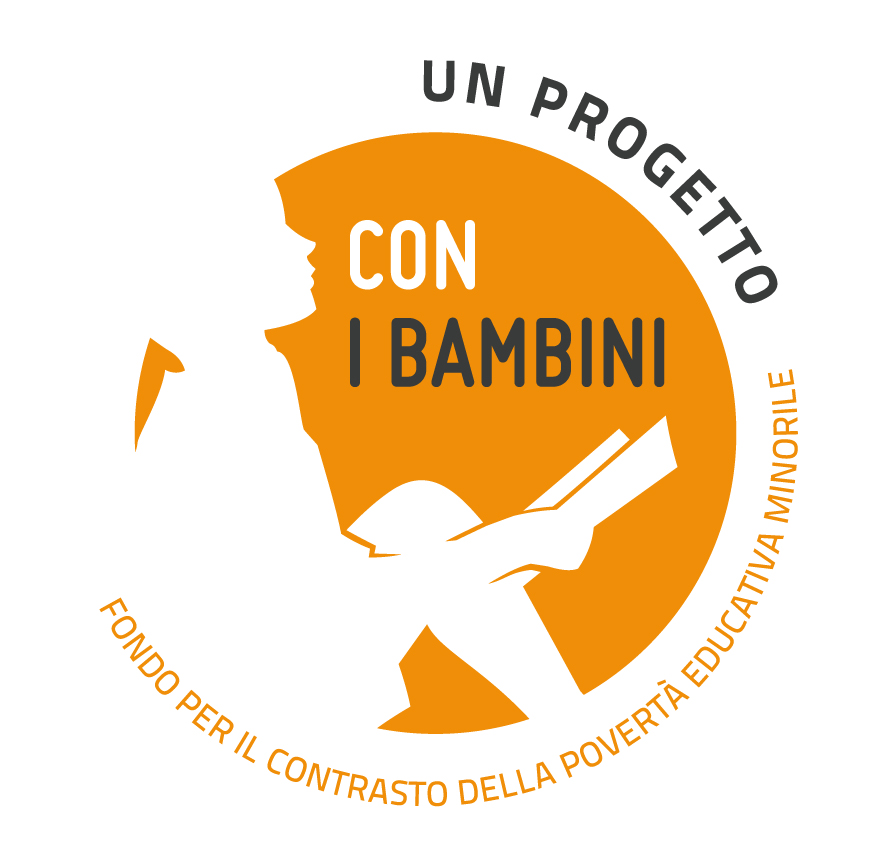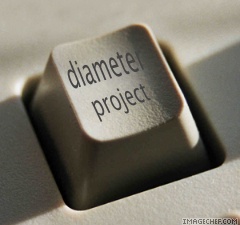by Cleto Corposanto, Italian
Definitely, travel represents our very essence as men and women of this world.
Whether it’s a journey on foot or by any other way, whether we do it for sports or holidays, for religious reasons or just for eating, we have genetic codes inside that trigger us doses of happiness when at the center of our thoughts there is a trip.
It seems a simple, unique, unequivocal word; yet this simple sound, travel, is much more complex than it seems at first glance and not even immediately representable in a clear and even less unequivocal way.
In a complete sense, travel is a dimension of freedom: not a theoretical freedom which is what dwells in every living being endowed with fantasy, but a real freedom. The freedom to be able to design and create a physical movement of oneself, for a meeting of places, people and cultures, sometimes even very different.
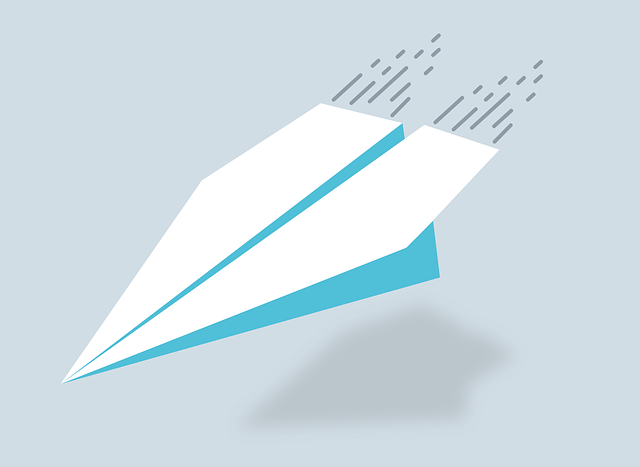
The journey has always struck the imagination of many of us and captured the attention of different types of scientists: scholars in many analyzes have also highlighted the differences that exist between different types of travel, laying the foundations for two theories based on authenticity and inauthenticity of the trip: mass tourism, judged as a true cultural standardization, as it is intended for simple consumers, would produce what is called inauthentic experience; on the other, on the contrary, the detachment from everyday life would determine an authentic experience, with an attribution of importance to the subjective experience, and with the set of experiments connected to its itinerary.
I was lucky enough to be able to travel the world all my life long. Holidays or professional activities have given me the possibility of many trips, unique and unrepeatable experiences every time. The charm of the journey, of the preparation first and then the realization, I discovered it very soon thanks to my mother and father. It was 1964, happy and carefree years, and my father had bought his first car, a white Volkswagen Beetle whose license plate I still remember perfectly (while I systematically forgot all those of my cars that have followed one another in the years to come). Going around Europe, beetle, tents, campsites, from Bari to Amsterdam, and then Bonn, Cologne, the Black Forest … What journeys … 55 years have passed and yet I have clearly remembered many places, squares, well-known people, simple encounters along the long road that crossed all of Europe.
This summer, however, everyone in Italy. Covid19 has forced us to rethink our travels, and for those like me who are often used to long journeys the effort of not being able to move is so great … think that only 7-8 months ago, between the second half of November and the beginning of December 2019, I left from Lamezia and then I flew to Rome, Beijing, Auckland and then embarked on a tortuous but exciting return journey with scheduled stages to Brisbane, Taipei, Hanoi, Yangon and then, always via Beijing, the return to Rome and then to Lamezia … A kaleidoscope of people, travel, music, colors, perfumes, food, sensations, ideas, passions, movements. Planes today give you the opportunity to fly to the other side of the world in a reasonable amount of time. Things have changed rapidly from this point of view. I think about it, while here, from my terrace overlooking the sea, I think about my many trips …
I remember my first time on the plane … it was 1978, I was twenty-four years old and very hopeful. I had already graduated two years earlier and enrolled in a postgraduate course at Essex University, England. For the things I was studying, Essex was a kind of temple of knowledge at that time, and also I was lucky enough to meet people who came from all over the world, Calabria included: I met there, among others, Giovanni Anania from Catanzaro, who would be then he became a highly respected full professor at Unical in Cosenza.
Organizing everything was much, much more complicated (for the younger ones, try to imagine: no Internet, no cell phones, no email, no ATM, no trolley … it was a different world in short …). And then, finally, the moment comes when we leave. A journey, in the literal sense of the word. I want to retrace it with you, because it serves to understand the great desire to move that pervades the minds of many and many of us …

So I start from Trento, which was the place where I lived at the time. I have to go to Colchester, a pretty town in Essex, a region in north-east London, where my new university choice is made. So let’s go … Flying by plane in those years was still considered an elite thing, and therefore it was quite expensive; obviously to save we find a low cost, one of the first, Monarch Airlines, which connects Milan to London (approximately).
The first piece of travel by train, from Trento to Verona; exchange and off to central Milan. My first flight left from Malpensa, which was then a small peripheral airport compared to the more central and important Linate Airport. Then move from the central station of Milan to that of Porta Garibaldi, to take a bus that in an hour and a half takes us to Malpensa airport. For the first time I do the operations that I would have repeated countless times in my life: the check-in queue, the bags, the document checks, the gate and finally the moment of the call arrives. Monarch Airlines flight from Milan Malpensa to London Luton. I don’t remember what kind of plane it was, but I perfectly remember that the lottery of seats – they could not be chosen then, not even paying – had assigned me a seat exactly in the center of the plane, at the height of the wings. I also remember that it was not bad as a place, there was a fair space for the legs also due to a singular arrangement of the two central rows that were facing each other, as in a hypothetical sitting room. In short, as on a red arrow today, you could look at each other. I remember that my place was in the direction of travel of the plane, and I remember it well because, while I was very busy studying safety belts and luggage compartment – after all, it was the first time I got on a plane … – a girl who was sitting exactly in front of me, she must have been no more than 13/14 years old, she speaks to me and asks me:
“Sorry, I can ask you to exchange your place with mine, because to me, traveling with my back to the direction of travel usually creates some problems“.
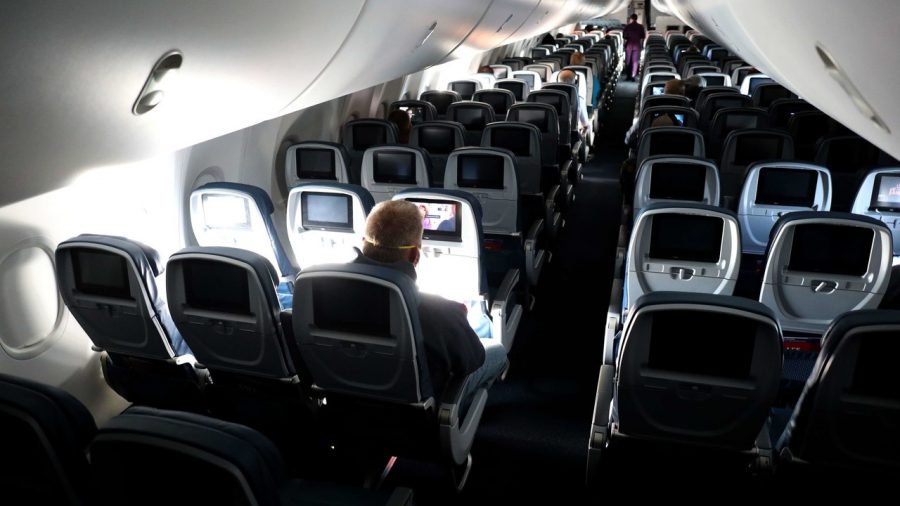
I agree, of course, without even knowing if maybe the same effect will do it to me, total neophyte of air flights. But there is no discussion either and in front of a request so it is said yes. Then, sitting, I go back to look at the girl and her words come back to me: “…. usually … “and then I think but how many times have you already traveled at your age? Usually, well … did he want to find an excuse maybe?
It does not matter. It starts, the take-off is always creepy, the first time, and once at altitude the light of the obligation of the belts and that of the smoking ban goes out. I remind you that we are in another era; yes, I know, it shouldn’t be, but half the plane lights a cigarette perhaps also as a liberating act for the tension of take-off. You can still smoke while flying (incredible but true).
Then a couple of hours later we are in Luton, a small airport in North London (ah! .. low cost …) and also from there buses to the city. Exactly for Victoria Station, the beating heart of London transport. Trip finished? Useless. From Victoria Station underground to Liverpool Street Station, because it is from that station that trains leave for Essex. I seem to still see the English countryside from the windows today, the Chelmsford middle station announced by the audio alert in the train with that unpronounceable British inflection, and then finally the arrival in Colchester. Last effort: a bus from the station to the Campus, located outside the city, surrounded by greenery. Here it is. Destination reached. My first flight. Ready to start a new, magical adventure.
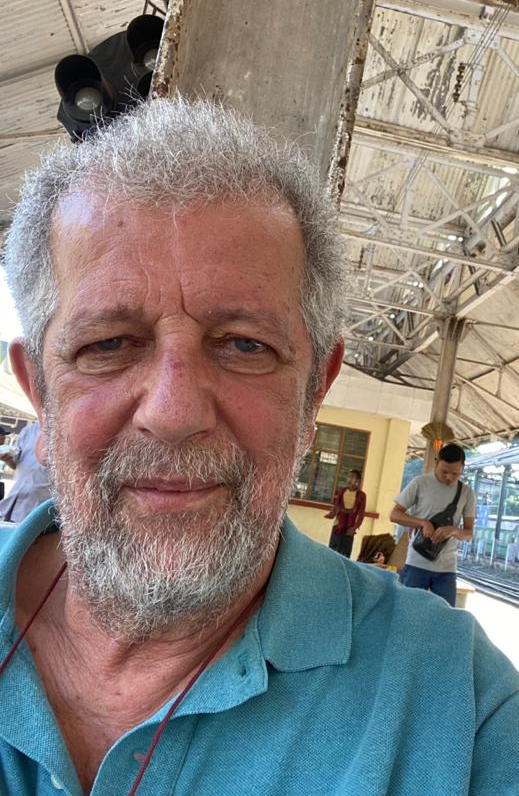
Cleto Corposanto, Italian, is professor of the University “Magna Graecia” of Catanzaro, South Italy. He deals with issues related to the Method research and Health/disease. He has more than 200 publications between books and scientfic articles. Former national coordinator AIS – Health and Medicine, He founded and coordinates the Degree Course in Sociology of UMG of Catanzaro.

